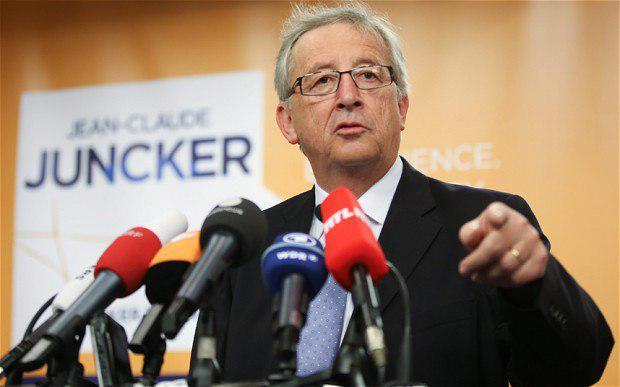UNITED NATIONS, June 16 (Xinhua) -- A UN aid official on Friday expressed his disappointment at the European Union (EU)'s plans to seek an increase in military spending instead of in humanitarian aid.
At a conference on EU security and defense in Prague on June 9, EU Commission President Jean Claude Juncker urged the bloc, whose member states are spending an average of 1.3 percent of GDP on defense, to lift its defense spending for its own sake.
"I would have hoped that he (Juncker) would have also issued in that statement an appeal to the members of the EU to increase their Official Development Assistance to the level of their stated responsibility of 0.7 percent (of their gross national product)," said John Ging, operation director for the UN Office for the Coordination of Humanitarian Affairs.
Ging made the remarks during a news briefing at UN Headquarters on his mission last week to conflict areas in the Democratic Republic of the Congo (DRC) and the Central African Republic (CAR).
"As anyone calls for an increase in funding the war machinery, they must, in my view, at least call for an increase in the funding for humanitarian assistance at least to the level that has been committed to by all of our member states in the framework of financing the 2030 Sustainable Development Goals," Ging said.
"Otherwise, we are definitely not going to meet our target of leaving nobody behind in these two countries (DRC and CAR) alone by 2030," he said. "It has to be funded and for relatively limited amounts of money, we will see phenomenal impact, starting first and foremost with the saving of lives of the innocent victims in all of this and also giving them some dignity and protection from their current plight."
"But, if you can get to 1.3 percent as an average defense expenditure in the EU, surely we can get to the 0.7 percent on the humanitarian side before we start going up further on the spending on the military," the aid official said.
Ging also briefed on the the situation in the two countries he visited, saying crises there are "deteriorating."
"In case of the DRC numbers are quite staggering," Ging said, adding that in the country of 7.3 million people needs humanitarian assistance, with 5.9 million considered food insecure, including 1.9 million acutely malnourished children.
"It's a very volatile situation which is creating massive humanitarian need, principally arising from displacements," Ging said. "There are 3.7 million people internally displaced and that's reflecting the ongoing violence."
He added that 476,000 people have fled the DRC into neighboring countries. "Now refugees are depending on, again, international humanitarian assistance in those countries as well."
